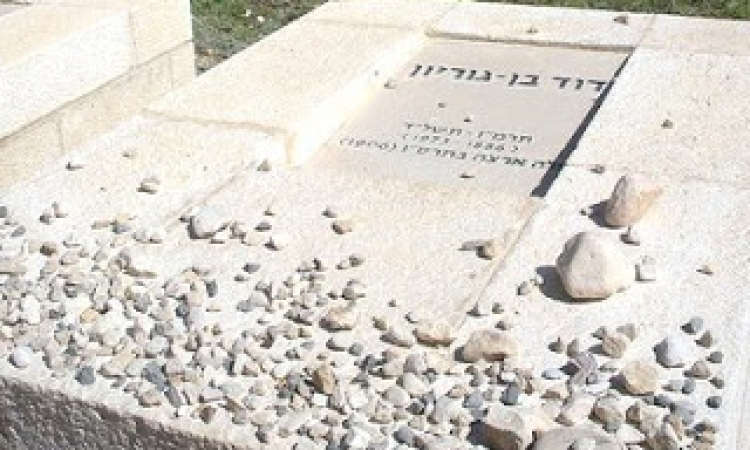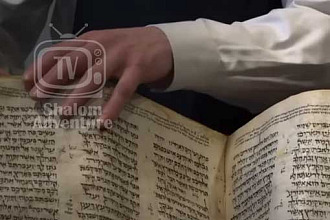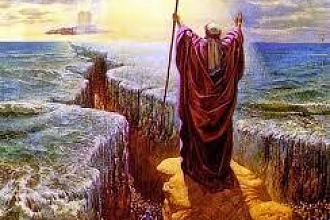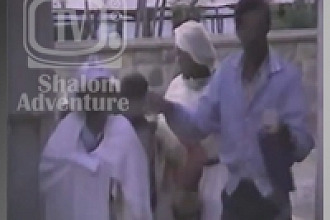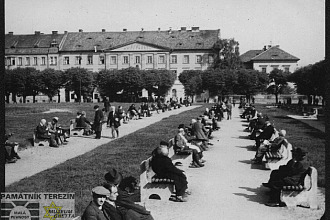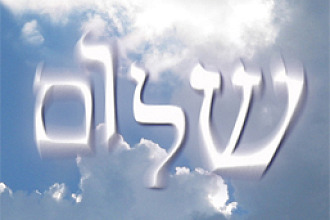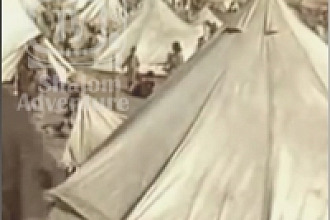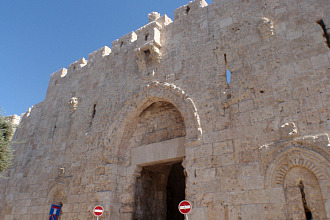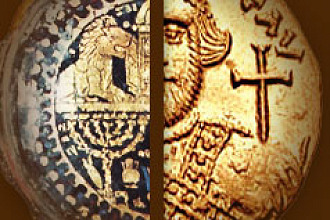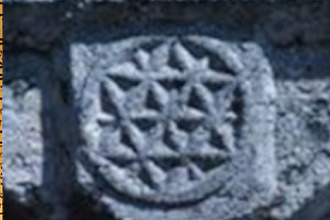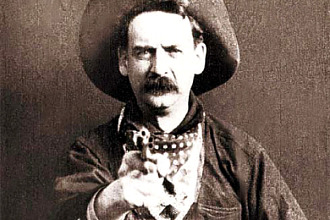There are various Jewish traditions regarding how to deal with death.
The deceased should be buried within twenty-four hours according to traditional Jewish law. In some cases a delay may be allowed if the death is on the Sabbath or other major religious holiday and during emergencies, but the burial should not be put off for more than three days. Some may tear their clothing before the funeral service, which traditionally includes the reading of Psalms 121 and Psalms 23. After the burial people offer condolences to the family. Some Jews may follow the tradition of washing their hands to symbolize returning to a state of purity.
Another practice is placing stones on the graves of the deceased instead of flowers. The reason behind this tradition is not clear, although some think it may be traced back the ancient burial practice of piling stones over a grave site as a marker. Many consider placing that the stone is a way of indicating that someone has visited the gravesite of the deceased. This may also show that unlike flowers, which die, stones won’t and the memory of the person will not die either. Another explanation, although it has no foundation in Torah, is that the stone will block the soul of the deceased by keeping it down where it should be. (Death & Bereavement in Judaism: Putting Stones on Jewish Graves)
This reminds me of the death of a famous Jew mentioned in the Bible. Yeshua was being executed on a Friday and although not all of the people agreed with his teachings and not all thought he should die he was still ordered to be killed so he could be buried as soon as possible before sunset which when the Sabbath would begin. (John 19)
The Torah says “If a man has committed a sin deserving of death, and he is put to death, and you hang him on a tree, his body shall not remain overnight on the tree, but you shall surely bury him that day, so that you do not defile the land which the Lord your God is giving you as an inheritance; for he who is hanged is accursed of God.” Deuteronomy 21:22-23
Yeshua was placed in the grave, but since the Sabbath interrupted the burial process Yeshua’s followers came back to the grave after the Sabbath to finish preparing the body for burial properly because there wasn’t enough time to do everything they wanted for him. But the stone that was supposed to seal the tomb was already rolled away and the grave was empty. The stones could not keep Yeshua in the grave; he was raised on the third day. (John 20)
Psalm 121 states, “I will lift up my eyes to the mountains. Where will my help come from? My help comes from the Lord, Who made heaven and earth.” Psalms 23 says “Yes, even if I walk through the valley of the shadow of death, I will not be afraid of anything, because You are with me. You have a walking stick with which to guide and one with which to help. These comfort me. You are making a table of food ready for me in front of those who hate me...Then I will live with You in Your house forever.”
References:
“Death & Bereavement in Judaism: Funeral Service and Burial” Jewish Virtual Library received from https://www.jewishvirtuallibrary.org/jsource/Judaism/funeral_service.html
“Death & Bereavement in Judaism: Putting Stones on Jewish Graves” Jewish Virtual Library received from https://www.jewishvirtuallibrary.org/jsource/Judaism/graves.html
Picture originally found here:

